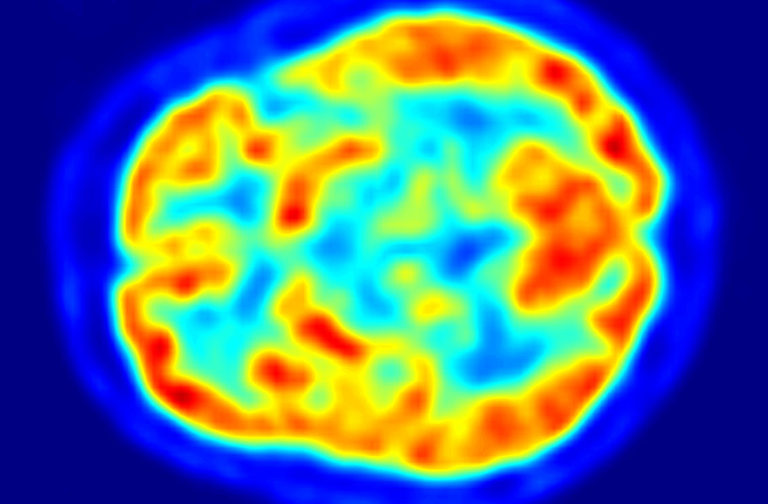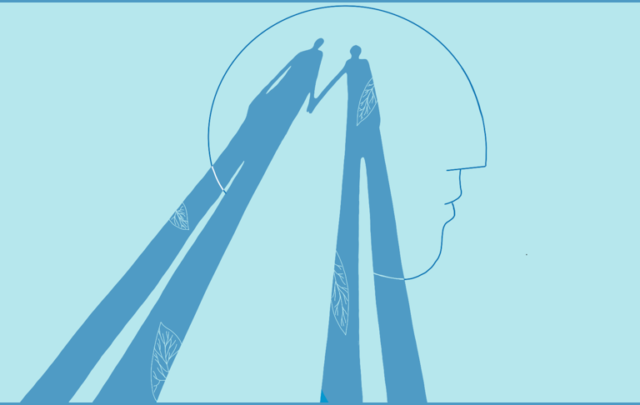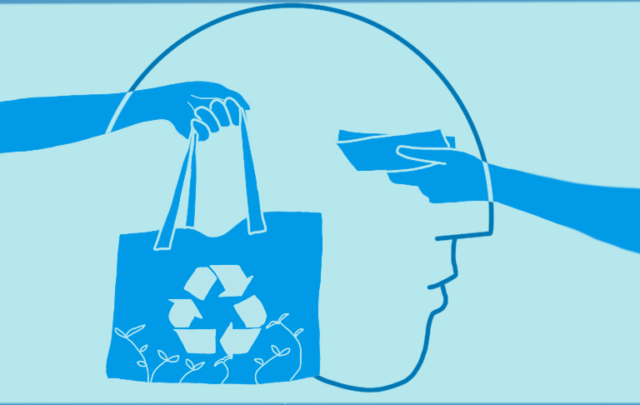Peter Whybrow is Director of the Semel Institute for Neuroscience and Human Behavior at the University of California in Los Angeles. He is also the Judson Braun Distinguished Professor and Executive Chair of the Department of Psychiatry and Biobehavioral Sciences at the David Geffen School of Medicine, CEO of the Resnick Neuropsychiatric Hospital at UCLA, and a Fellow of the Post Carbon Institute. Peter is an international authority on depression and manic-depressive disease and the effects of thyroid hormone on brain and human behavior. A founding member and Fellow of the Royal College of Psychiatrists, Fellow of the American Association for the Advancement of Science, the American College of Psychiatrists, and the American Psychiatric Association, Dr. Whybrow has lectured widely across the United States and Europe, and is the recipient of many awards.
Dr. Whybrow is a frequent advisor to universities, foundations, and government agencies and is the author of numerous scientific papers and six books. His book, American Mania: When More Is Not Enough (WW Norton, 2006), is a provocative neurobiological analysis of the origins of the instinctual and social behaviors that balance a market economy, and explains how our reward-driven debt-fueled economy fostered the culture of greed and excess that triggered the world financial crisis of 2008.





